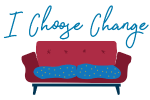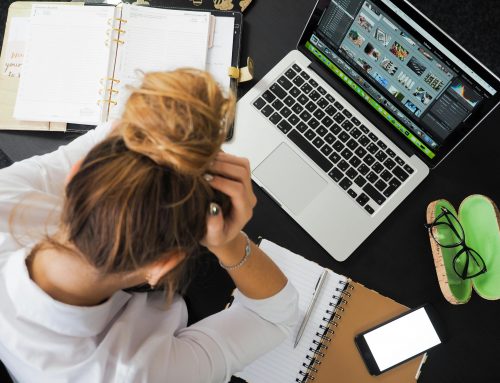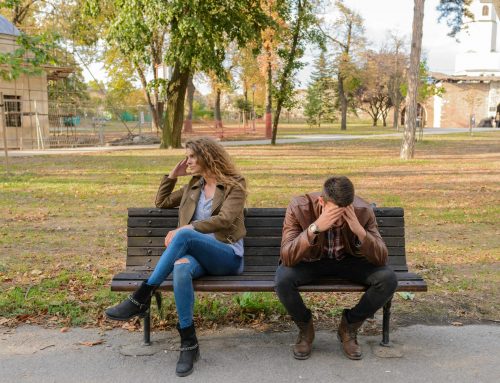When did you see your first counselor?
Mine was in college—right after a very blunt nurse practitioner at the student clinic (affectionately known as “The Quack Shack”) looked at me and said:
“I’m not going to be your drug dealer. You need to see a shrink.”
Ouch.
That stung.
I was appalled. How dare she say that to me? But… she wasn’t wrong. I was a mess. I didn’t want to talk about my feelings or examine my coping mechanisms. I wanted a quick fix. A pill. Something—anything—to help me sleep, stop overthinking, and not have meltdowns in the back of the library at 2 a.m. So, I reluctantly trotted off to counseling. Checked the box. Did the thing. But deep down, I was still doctor-shopping—looking for someone who would write me a prescription without the side of emotional accountability.
And let me tell you: they’re out there. I found them. Again and again. Because what I wanted wasn’t healing. What I wanted was relief.
And those two things aren’t always the same.
The Counselor Who Needed Counseling
Fast forward a few years. I became a counselor myself. (Yes, I see the irony.)
By day, I sat with people in their pain, holding space like a pro. But by night? I was curled up in the fetal position, praying the world would just fizzle out so I didn’t have to feel anything anymore. I knew all the lingo. I had the degrees. I gave great advice. But I couldn’t follow it.
And inside, I felt like a fraud. Because while I believed in healing—I didn’t believe it was possible for me.
The Day I Said No to the Prescription
I still remember the moment. I was sitting in a doctor’s office, once again spiraling, exhausted, and ready to walk out with a new script in hand. But something inside me paused. I didn’t know exactly why—but I told her I wasn’t going to fill it.
I walked out with nothing but a decision:
I was going to figure out how to feel better the natural way.
Now, before anyone panics—this isn’t an anti-medication rant. Medication can be a lifeline. I’m not here to shame or sugarcoat that. What I am here to say is: for me, that moment was a turning point. I needed to stop outsourcing my emotional wellbeing and start doing the uncomfortable work.
The slow work.
The real work.
The “ugh, do I have to journal again?” work.
What Helped Me Rewire
It wasn’t one big “aha.”
It was a thousand tiny choices.
I started actually going to therapy—not just attending, but participating. I learned about attachment wounds and how they shaped the way I coped. I regulated my nervous system, not with wine or caffeine, but with breathwork, movement, and mindfulness. I stopped looking for a magic pill and started building emotional muscles.
Bit by bit, I began to feel… not perfect, not cured, but connected.
To myself. To others. To hope.
If You’re in That Space Right Now…
If you’re in the loop of meds → burnout → therapist → repeat, I see you.
If you’re exhausted from trying to “just feel okay,” and Googling symptoms at 1 a.m., you are not broken. You’re just human.
And healing? It doesn’t always look like mountaintop enlightenment. Sometimes it looks like choosing to take the long road—one that doesn’t numb you, but meets you.
Here’s What I’d Leave You With:
- Healing is not a straight line.
- Medication can help, but it’s not a stand-in for self-awareness.
- You can be a helper and need help. That’s not hypocrisy—it’s honesty.
And if no one’s told you lately: You’re not weak for struggling. You’re strong for still showing up.






